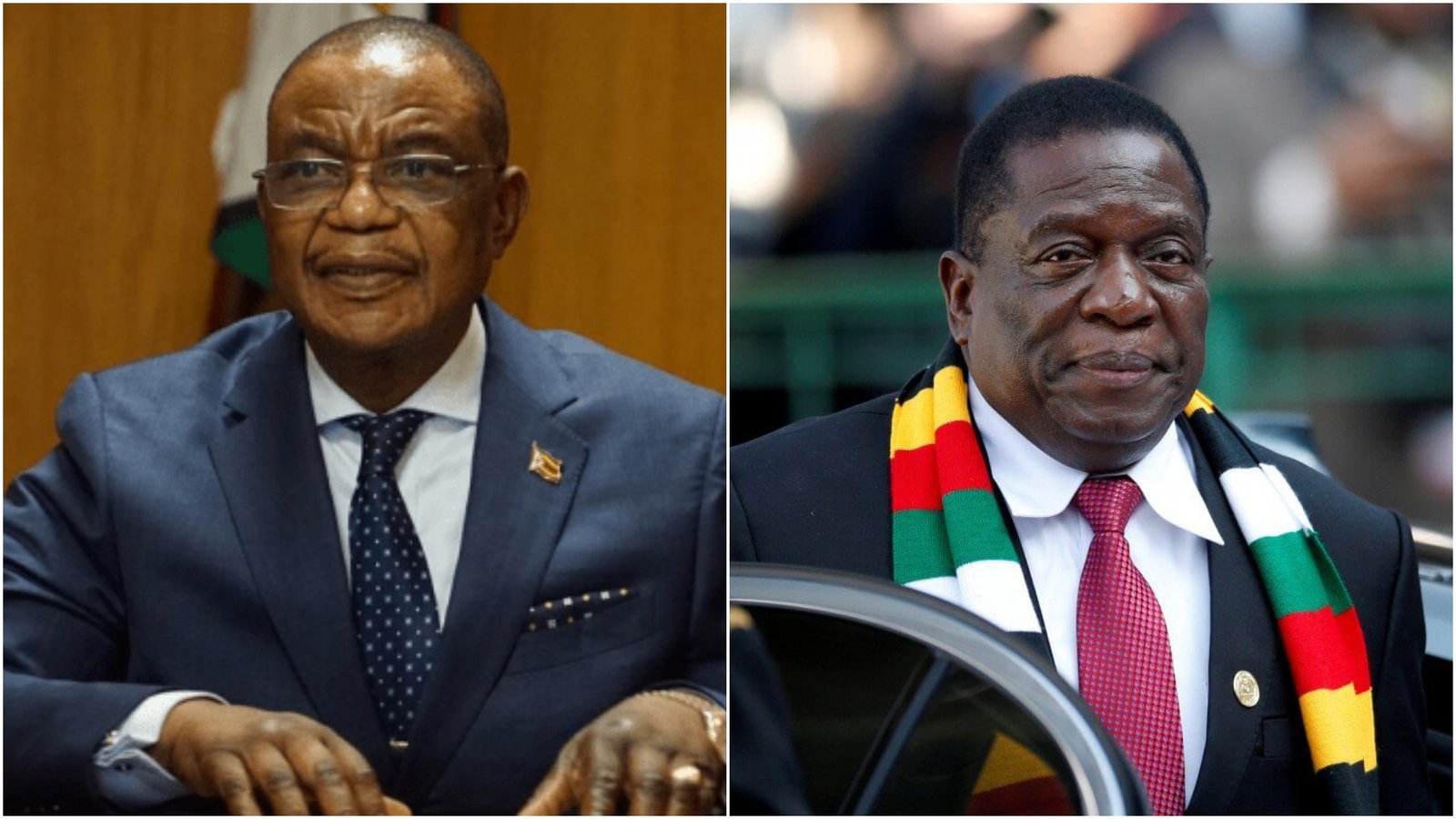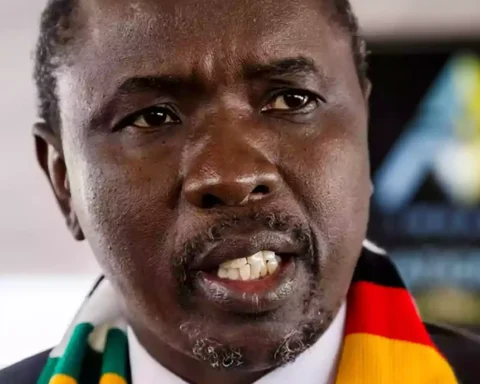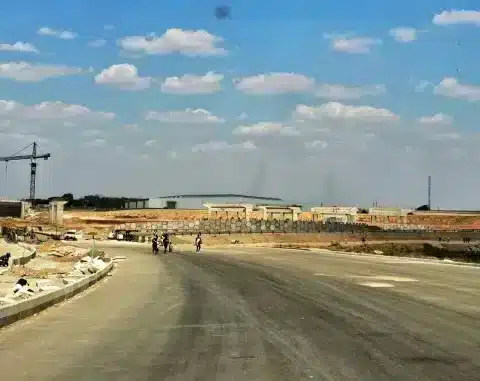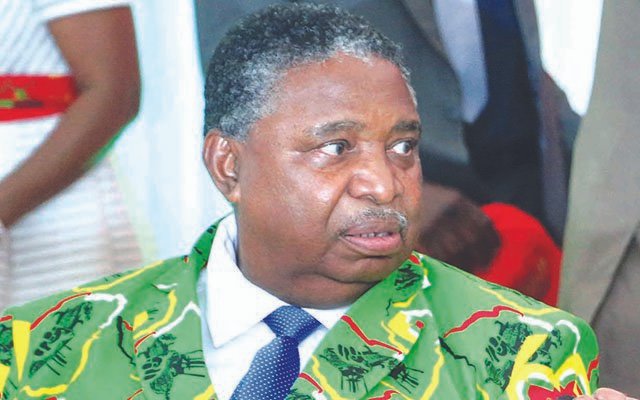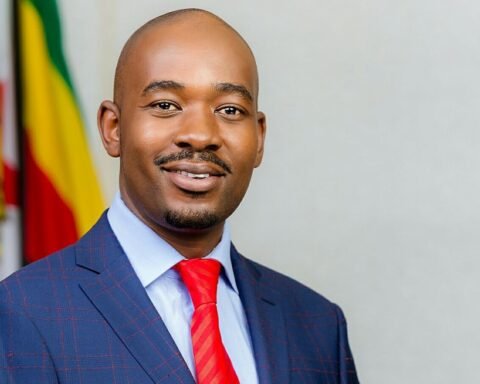In a revelation that has caught the attention of political enthusiasts and analysts alike, Eddie Cross, the biographer of Zimbabwe’s President Emmerson Mnangagwa, has shared insights that shed light on the country’s political dynamics and the future of its leadership. Cross, who has had intimate interactions with Mnangagwa, provides a detailed narrative that explores the complexities of succession within Zimbabwe’s ruling party, ZANU-PF.
Cross emphatically counters the speculation regarding Vice-President Constantino Chiwenga’s potential to assume the presidency, even on a temporary basis. Drawing on his deep understanding of the political fabric, Cross describes Chiwenga’s role as significant to the past but not indicative of a future in the highest office. According to him, Mnangagwa’s strategic maneuvering ensures Chiwenga’s loyalty, which is crucial for maintaining a hold over a critical segment of their political base.
Dispelling rumors about President Mnangagwa’s desire to extend his reign beyond the constitutionally mandated term limits, Cross asserts that Mnangagwa intends to step down in 2028. This statement is based on Cross’s insights gathered through his close relationship with Mnangagwa during the authorship of his biography. It reflects a commitment to democratic principles and the leadership transition within the country.
Cross also highlights the ongoing generational transition within ZANU-PF, noting the rise of a dynamic younger faction that is beginning to make its mark. Although Mnangagwa’s son, Emmerson Jnr, is mentioned, Cross stresses that the path to leadership is not hereditary. It requires earning the trust and support of both the public and the party—a formidable challenge in Zimbabwe’s intricate political environment.
The political narrative takes an intriguing turn with the mention of Wicknell, a prominent businessman known for his lavish gifts to Zimbabwean celebrities, particularly musicians. This has sparked debate over whether these actions are part of a broader strategy to pave the way for Emmerson Jnr’s ascent to power by currying favor with the public and influential figures within ZANU-PF.
These developments point to a period of significant change and uncertainty in Zimbabwe’s political scene. The interplay between key personalities, internal party dynamics, and the broader public sentiment underscores the complexities of leadership succession. As Zimbabwe navigates these challenges, the insights provided by Cross offer a valuable perspective on the potential directions the country’s leadership may take.
As the nation watches closely, the unfolding political landscape in Zimbabwe remains a subject of intense scrutiny and interest, both locally and internationally.
